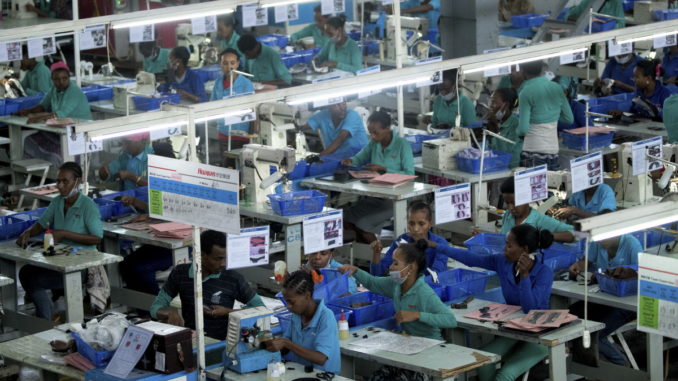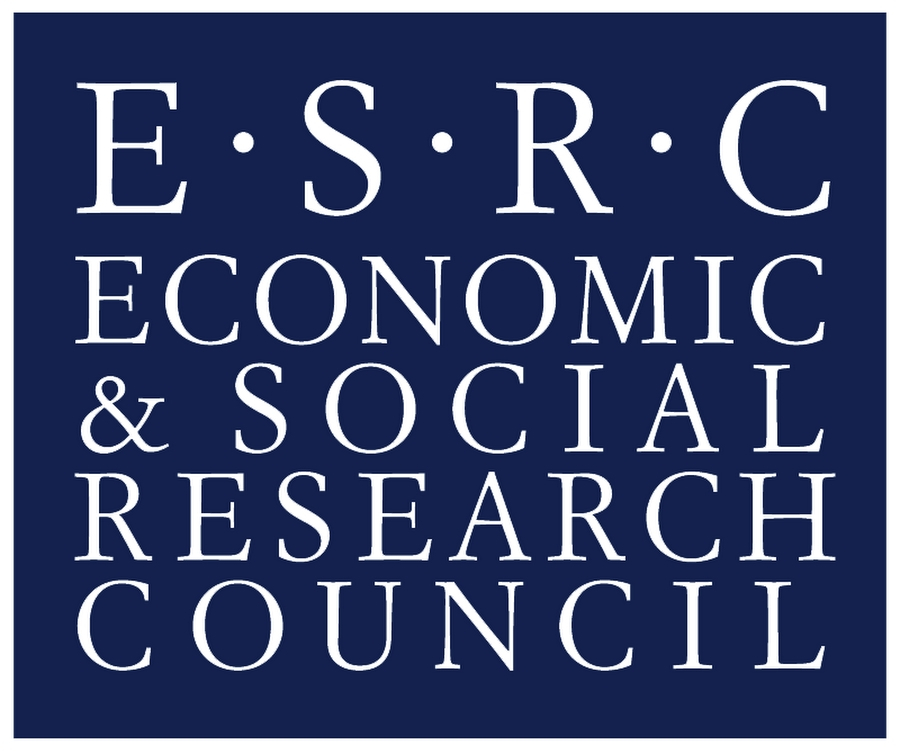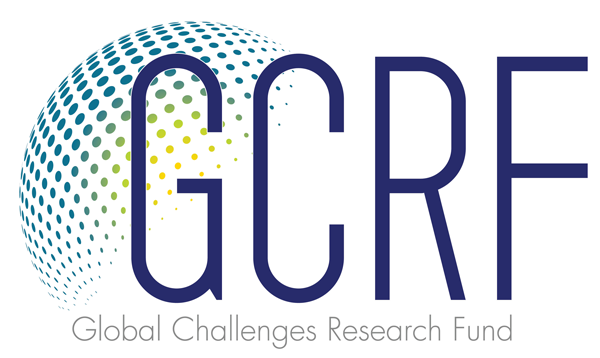
Understanding the changing nature of work and its global ramifications is a key challenge for our time. The GPID network is involved in two exciting events, which tackle issues of structural employment change from fresh angles. Their calls for papers are open.
Industrialisation was the prime pathway to prosperity and job growth throughout the nineteenth and much of the twentieth century. Many scholars argue that, for developing countries, industrialisation continues to be essential given the multiple benefits it has been shown to provide to productivity, exports and employment growth as well as to various dimensions of inclusive development. Advocates of industrial policy moreover see an active role for the state in pushing industrial transformation.
Yet, the current trend of structural change may suggest a departure from this traditional pathway. There is evidence of a polarization between successfully industrializing countries and those facing a risk of ‘premature deindustrialisation’. The rise of breakthrough technologies such as recent advancements in automation and AI could diminish the labour cost advantage of developing countries and in the long term make it difficult for them to follow the traditional industrialisation path of entering into labour intensive industries and continuous upgrading
A high-level workshop, jointly organised by UNIDO, UNU MERIT and the GPID network explores research on new pathways and policies of industrial work transformation. It will take place 19-20 September 2019 in Vienna, Austria.
Learn more at http://fiw.merit.unu.edu
Given the increasing supply of secondary and tertiary educated workers in developing countries as well as a large movement of young adults to the cities and towns – and their aspirations for a better future – the lack of productive jobs for men and women is both an economic and a political challenge. Accordingly, the creation of productive jobs for both men and women are essential preconditions for the achieving the SDGs on decent work and gender equality. In recent decades, many developing countries have seen reasonably strong rates of economic growth, yet the pace of structural transformation in these countries has been uneven, with limited success in creating jobs in the more productive sectors of economies.
The UNU WIDER conference 2019 will engage with current debates around the future of work in the face of rapid labour-saving technological advances, the changing nature of globalisation, and their implications for the prospects for structural transformation in low and middle-income countries.
This year’s UNU WIDER conference will discuss the challenges of productive job creation in many different country contexts, across all developing regions. It will take place 11-13 September 2019 in Bangkok, Thailand.
Learn more at https://www.wider.unu.edu/event/transforming-economies-better-jobs

